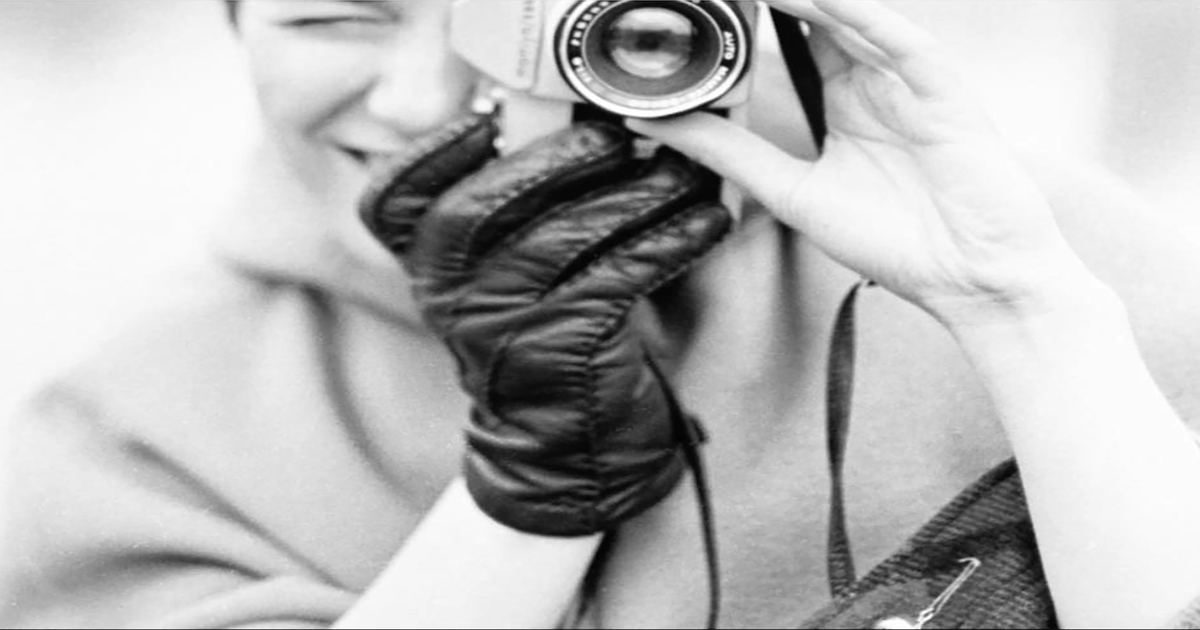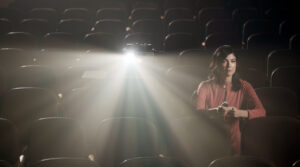
Rachel Elizabeth Seed’s A Photographic Memory is a personal, thoughtful documentary that manages to connect on a much larger level. What starts as a filmmaker’s effort to learn more about her late mother, Sheila Turner-Seed, becomes a quiet but compelling story about memory, legacy, and the emotional weight that photos—and the people who take them—can carry.
Sheila was a journalist and photography curator who died when Rachel was just 18 months old. Most of what Rachel knows about her comes from secondhand stories and a box of old tapes. The film follows Rachel as she dives into her mother’s past, using these recordings and interviews as a guide. Sheila’s subjects included some of the most respected names in photography—Henri Cartier-Bresson, Gordon Parks, Bruce Davidson—and hearing her voice speak with them adds both historical and emotional value to the film.
What makes A Photographic Memory, which was written by Seed and Christopher Stoudt, work so well is its low-key approach. Seed doesn’t rely on flashy editing or dramatic narration. Instead, she allows the material—both archival and present-day—to speak for itself. Her voiceover is steady and measured, and the film’s structure unfolds naturally. There’s no forced drama here, just a sincere attempt to understand a mother through the work she left behind.

The editing by Christopher Stoudt, Eileen Meyer, Tyler Hubby, Will Garafolo, and Chris White is clean and effective. Considering how much of the story is built from audio tapes, photographs, and home videos, the pacing stays surprisingly smooth throughout. We move back and forth between past and present without it ever feeling confusing or heavy-handed.
As a subject, Rachel Seed is open without being overly emotional. She doesn’t try to make herself the center of the film, even though it’s her journey. That choice makes the film feel honest rather than self-indulgent. A Photographic Memory lets the emotion come through quietly, which ultimately makes it more effective.
Visually, the film is simple but strong. The old photographs and film footage are shown with care, and the newer scenes are well-composed without feeling staged. Mary Lattimore’s score supports the tone of the film—gentle, reflective, and never overpowering.
There’s not a lot of “big” moments in A Photographic Memory, but that’s not a flaw. It’s a film about real people and real questions, not plot twists. It might not be for viewers looking for fast pacing or dramatic turns, but it will likely connect with anyone who’s ever tried to piece together a family story from fragments.
In the end, A Photographic Memory is a well-made, meaningful film. It gives a face and voice to someone long gone, and at the same time, says something about how we all try to hold on to people and moments through the things they leave behind. It’s personal, but never self-centered—and that’s what makes it worth watching.
Quick Scan
A Photographic Memory is a well-made and meaningful film that offers a thoughtful reflection on memory, legacy, and connection.

